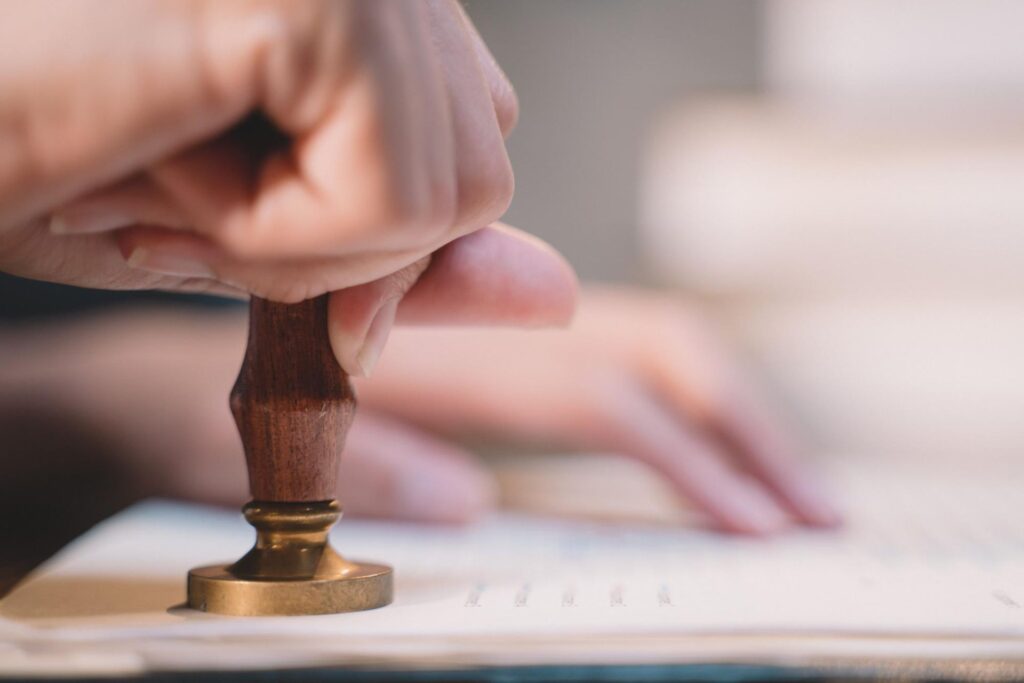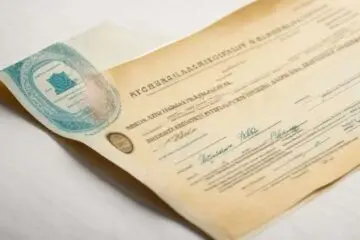Apostille certification is essential for individuals and businesses needing to use U.S. documents internationally. Whether for work, study, business transactions, or personal matters, ensuring your documents are properly legalized is crucial. Many people face delays or rejections due to misunderstandings about the apostille process. Here are five key things you must know before obtaining an apostille for your U.S. documents.
1. What is an Apostille, and Why Do You Need One?
An apostille is a certification that verifies the authenticity of a document for use in countries that are part of the Hague Apostille Convention. It ensures that documents issued in one country are legally recognized in another without needing further authentication. Common documents requiring an apostille include birth certificates, marriage licenses, diplomas, and legal contracts.
If you plan to study, work, or conduct business overseas, foreign governments often require apostilled documents to confirm their legitimacy. Without proper certification, your documents may not be accepted, causing delays and complications.
2. Not All Documents Require an Apostille
Only certain types of documents need an apostille, and the process varies depending on the document type and issuing authority. Some documents only require a notary; others can’t be notarized and must be apostilled. Government-issued records like birth and death certificates, court orders, and notarized documents are frequently apostilled.
However, documents intended for countries that are not part of the Hague Apostille Convention require a different authentication process, usually involving additional verification from the U.S. Department of State and the destination country’s embassy or consulate.
3. The Notary and Apostille Process Go Hand in Hand
Many documents require notarization before they can receive an apostille. This applies to business agreements, affidavits, and power of attorney forms. A licensed notary public must notarize the document, confirming the signer’s identity and intent.
After notarization, the document is sent to the appropriate state agency (typically the Secretary of State’s office) for apostille certification. Ensuring correct notarization beforehand prevents delays and rejection in the apostille process.
4. Each State Has Different Apostille Requirements
Apostille certification is not handled at the federal level for state-issued documents. Each U.S. state has its own process, fees, and submission requirements. This means a document issued in California must be apostilled in California, while a document from New York must be processed in New York.
It’s crucial to check the specific requirements of the state where your document was issued. Mistakes in submission, such as sending the document to the wrong office, can cause unnecessary delays.
5. Processing Times and Costs Vary
The time it takes to obtain an apostille depends on factors such as state processing speed, workload, and whether you request expedited service. Standard processing can take a few days to several weeks, while expedited services may reduce wait times significantly.
Costs also vary by state and document type. Some states charge as little as $10 per apostille, while others charge significantly more. If you need multiple documents apostilled, fees can add up, so budgeting accordingly is important.
Conclusion
Understanding the apostille process can save you time, money, and frustration. From notarization requirements to state-specific regulations, being informed helps ensure your documents are correctly certified and accepted internationally.
At Anshi Notary, we specialize in Live Scan Fingerprinting, FBI Background Checks, Fingerprint Cards, Notary Public, Apostille, Business Services, and Expungement. Contact us for professional assistance with your document authentication needs.
Frequently Asked Questions
How do I know if my document needs an apostille?
If your document is required for use in a country that is part of the Hague Apostille Convention, you likely need an apostille. Check with the receiving authority for confirmation.
Can I get an apostille for a notarized document?
Yes, notarized documents often require an apostille. However, they must be properly notarized before submitting for certification.
How long does it take to get an apostille?
Processing times vary by state, but standard apostille services typically take a few days to several weeks. Expedited services may be available.
Where do I get an apostille for my document?
Apostilles are issued by the Secretary of State’s office in the state where the document originated. Federal documents require certification from the U.S. Department of State.
What happens if my document is rejected for an apostille?
Common reasons for rejection include improper notarization, incorrect submission, or missing required information. Double-check state requirements before applying.
Ensuring your documents are correctly apostilled can make international transactions and legal processes much smoother. Let us help you navigate the apostille process with ease.
Also Read: 8 Reasons to Use a Mobile Notary Public Service (Checklist for Clients)






0 Comments